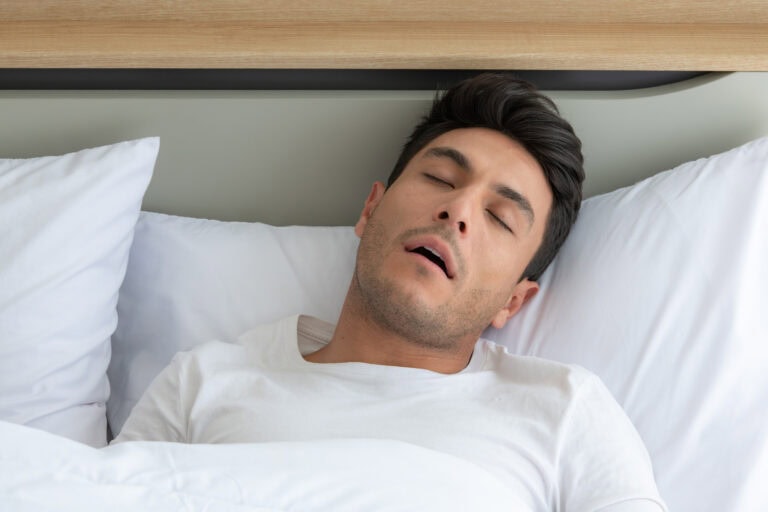Proper hydration plays a surprising role in sleep quality. In the event that the body lacks enough fluids, it can trigger discomfort, making it harder to drift off or stay asleep. Water helps regulate the sleep-wake cycle by balancing hormones like vasopressin, which prevents nighttime dehydration. But dehydration raises cortisol, keeping the mind alert when it should rest. The connection goes both ways—poor sleep weakens kidney function, leading to more dehydration. Comprehending this cycle could be the key to better rest.
The Science Behind Hydration and Sleep
How does hydration actually affect sleep? Proper hydration plays a key role in regulating sleep quality and duration. Whenever the body lacks enough water, dehydration can trigger discomfort—like a dry mouth or nasal passages—making it harder to fall and stay asleep.
The hormone vasopressin, released during sleep, helps maintain fluid balance, but dehydration disrupts this process, potentially shortening sleep cycles. Studies show that inadequate fluid intake can elevate cortisol, the stress hormone, further disturbing rest. Conversely, staying hydrated supports the sleep-wake cycle by ensuring the body functions smoothly overnight.
Without enough water, the kidneys struggle to regulate fluids, creating a loop where poor sleep worsens dehydration. Drinking enough throughout the day, not just before bed, helps the body maintain equilibrium for deeper, more restorative rest.
How Sleep Influences Hydration
Several key factors link sleep and hydration, creating a two-way relationship that impacts overall health. Sleep duration and quality directly influence hydration status by affecting vasopressin, a hormone that regulates water retention. Disrupted sleep cycles or poor sleep can reduce vasopressin release, leading to increased water loss and dehydration.
The circadian rhythm also plays a role, as kidney function slows at night to conserve water, but inconsistent sleep might disrupt this natural water regulation. Chronic sleep deprivation can weaken kidney function over time, making it harder to maintain proper hydration.
Conversely, dehydration can worsen sleep quality, creating a cycle where both suffer. Adequate water intake supports the body’s ability to balance fluids, ensuring better sleep and overall health.
Tips for Staying Hydrated and Improving Sleep
Although hydration and sleep seem unrelated, small daily habits can strengthen their connection for better overall health. Staying hydrated helps the body function smoothly, but timing matters to avoid waking at night.
Here are three ways to make fluid intake work with sleep:
- Balance daytime intake: Drink enough water during waking hours to stay hydrated without overloading before bed, reducing nighttime bathroom trips.
- Avoid diuretics at night: Skip caffeine and alcohol close to bedtime—they increase urine production and disrupt sleep cycles.
- Eat hydrating foods: Fruits like watermelon or cucumber add fluid without excessive bedtime sips, helping maintain hydration while keeping sleep undisturbed.
A cool, humid sleep environment also prevents dehydration, making it easier to stay asleep for enough hours. Small adjustments can make a big difference.
How Hydration Affects Summer Activities
As the summer heat intensifies, staying hydrated morphs from a mere health recommendation into a requisite necessity for safely engaging in outdoor pursuits. Drinking water consistently helps the body regulate temperature, preventing dehydration in hot environments. Without proper hydration, physical performance falters, and the risk of heat exhaustion rises. Drinking enough water also sharpens focus and stamina, making activities like hiking or swimming more enjoyable.
| Without Hydration | With Hydration |
|---|---|
| Fatigue sets in quickly | Energy lasts longer |
| Muscle cramps disrupt play | Smooth, pain-free movement |
| Heat exhaustion looms | Body stays cool |
| Focus fades fast | Mind stays sharp |
| Recovery drags on | Bounce back faster |
Hydration affects sleep by keeping the body balanced, so maintaining hydration throughout the day secures better rest after summer fun. Stay hydrated to prevent dehydration and enjoy the season safely.
The Importance of Hydration and Sleep for Overall Health
- Daily Water Intake is vital—obtaining an abundance of water prevents poor sleep intensifies dehydration, while sleep disruptions interfere with hydration balance.
- Short sleep duration is associated with inadequate hydration, increasing fatigue and cognitive fog the next day.
- Chronic sleep deprivation worsens dehydration, creating a vicious cycle that impacts mood, immunity, and metabolism.
Drinking enough water supports deep, restorative sleep, while adequate rest guarantees the body efficiently manages fluids. Together, they form the foundation of long-term wellness.
Conclusion
Hydration and sleep intertwine like clockwork gears—skip one, and the other stumbles. As the body lacks water, sleep suffers, and poor rest deepens dehydration, trapping people in a weary loop. Yet simple habits—sipping water through the day, easing off caffeine at dusk—can keep both in harmony. Suppose sleeping like a well-oiled machine, not a creaky relic. Small changes weave big rewards, turning restless nights into refreshed mornings.





